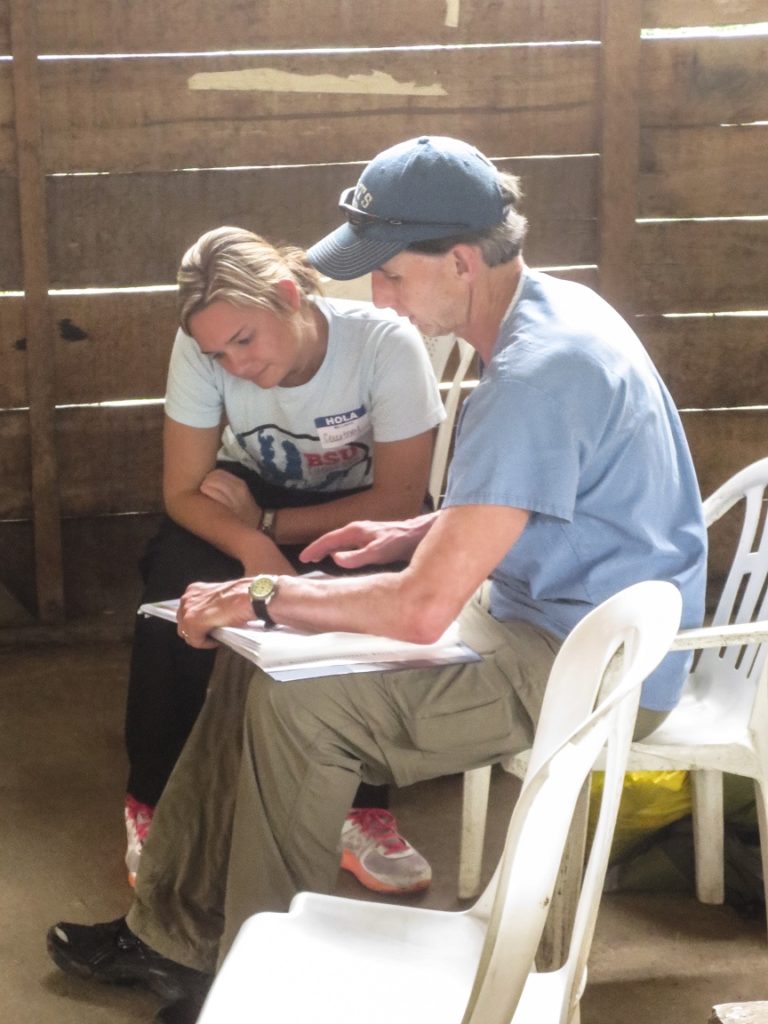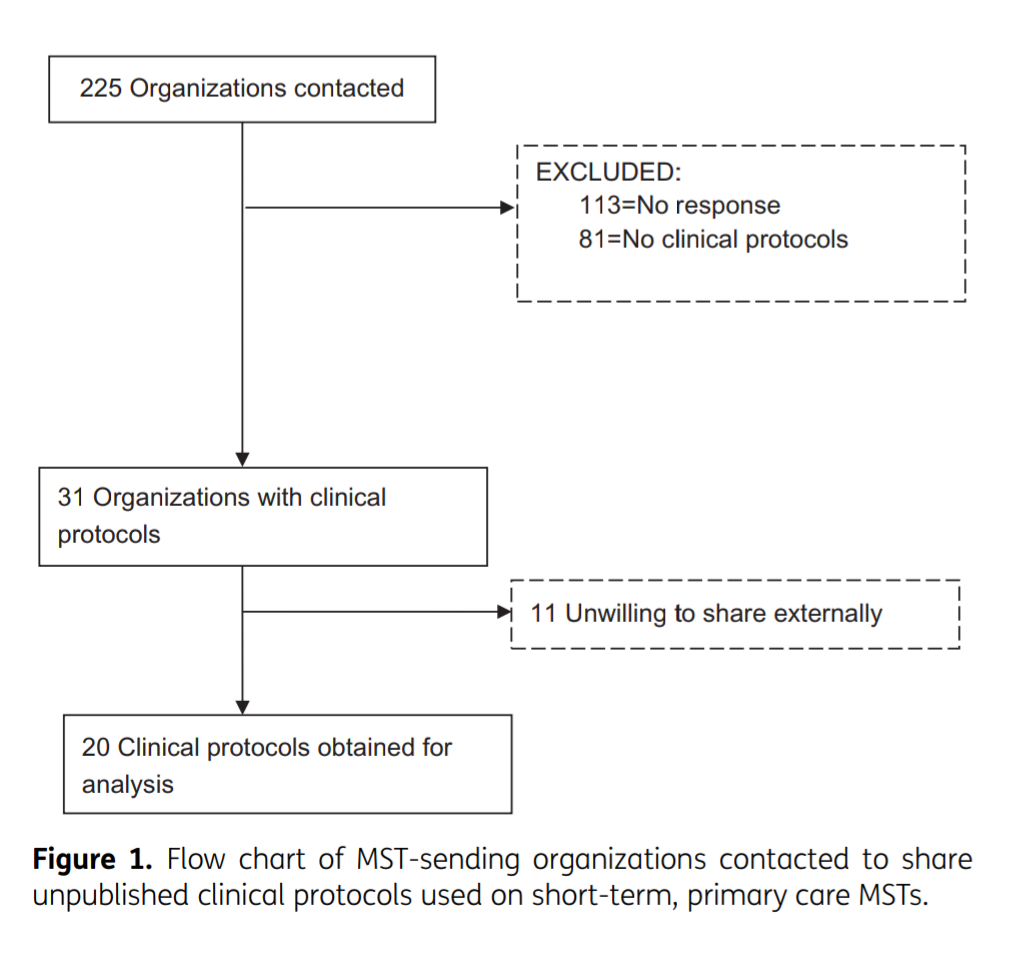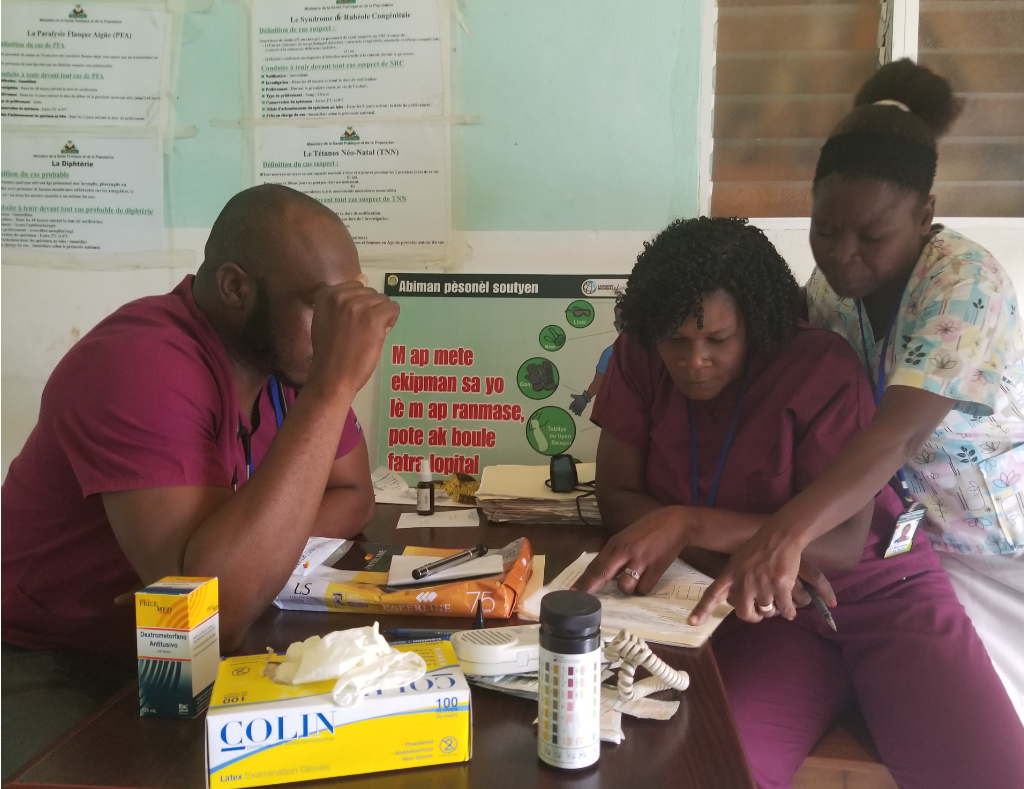Clinical practice dilemmas: Managing abdominal complaints in remote settings
March 14, 2018 |
Volunteer doctors see plenty of abdominal complaints, gastritis, parasites, and diarrhea in remote clinics abroad. But with no imaging or laboratory investigations readily available, it’s hard to decide which patients can safely stay in their communities, and which need to be transferred to the nearest hospital.
Many short-term medical missions have clinical protocols for exactly these types of dilemmas. How good are they? Do their suggestions line up with recommendations from international bodies like the World Health Organization?
Our recently published article in International Health provides some insight. We analysed clinical protocols collected by contacting 225 organizations operating primary care medical projects in Latin America.

Most of the respondents had no protocols at all. Others had books and readings that they recommended to volunteers. In the end, twenty organizations were willing to share their protocols for analysis.
You can find summaries of the most common recommendations for the treatment of diarrhea, gastritis, parasites in the full article:

How do they compare to international guidelines for abdominal complaints? Is it important?
On one hand, World Health Organization and other large bodies publish guidelines that generally reflect the best evidence available. They’re lengthy, and broad. And on the other hand, locally developed protocols may better reflect local realities, including medication availability and resources.
But this depends on how they were developed. For example, such clinical protocols can only work when locals participate in their creation. The care provided by volunteers should never compete with that provided by host clinicians. Furthermore, we identified many gaps in the protocols we analysed, meaning that there is still plenty of room for quality improvement on short-term medical missions.

What now?
In order to facilitate knowledge translation, we pulled out the most common recommendations, and condensed them to make them bite-sized. Then we added in key details from the literature.
You can find these truncated guidelines both in the guidelines section of our website, and on our electronic medical records Android app.
Register
Sign up for free to flag trips of interest and email organizations directly through our directory.
Comments
0 comments